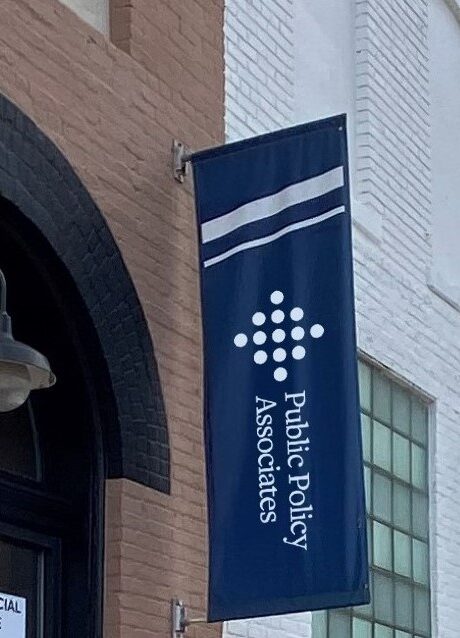 Dr. Nathan Burroughs is a senior research associate at Public Policy Associates, Inc. He has strong skills in quantitative research and extensive experience in research design. Much of his work focuses on mechanisms for alleviating social inequality.
Dr. Nathan Burroughs is a senior research associate at Public Policy Associates, Inc. He has strong skills in quantitative research and extensive experience in research design. Much of his work focuses on mechanisms for alleviating social inequality.
Dr. Burroughs earned his Ph.D. in political science as well as a master of public administration degree from the University of Georgia. He has a bachelor’s degree in political science from the University of West Georgia. Prior to joining PPA, he was a research assistant professor at CREATE for STEM, a Michigan State University-sponsored research institute working to improve teaching and learning in science, technology, engineering, and mathematics.
How did you become interested in public policy research?
I’ve been interested in public affairs since I was a teenager, but my focus on education is kind of an accident. While I was writing my dissertation in political science, my wife got a job at Indiana University, and I happened to be hired as a grant writer at an education research center. I got fascinated by the subject, and the rest is history!
What are your main areas of interest?
My overarching interest is in how institutional structures mediate background inequalities—in other words, how the way we build systems tends to make unequal opportunities worse. In education, that’s led to me to focus on issues like curricular inequalities, teacher labor markets, and teacher preparation. In the last few years, I’ve also gotten very interested in barriers to access to quality child care.
Research by you and your colleague, Dr. Daniel Quinn, documented the digital divide in education—inequalities in access to computers and high-speed Internet. These disparities are always important, but especially when many students are learning at home because of Covid-19. How can policymakers address this problem to prevent greater disparities in educational outcomes?
The term “digital divide” really describes a couple of different problems, each of which requires focused solutions. First off, there’s not having enough devices for everyone to work on the computer at the same time—in many respects that’s the most straightforward problem to solve. Just hand out more computers! But the bigger challenge is the lack of a robust broadband infrastructure, which requires very different solutions for urban and rural areas. For urban areas, it’s really about making sure that low-income families can get plugged into the local systems, which either exist or are very close by. For rural areas, it requires a major investment in infrastructure, similar to what we saw with rural electrification in the 1930’s.
Your research on the shortage of substitute teachers revealed the extent of the problem school officials face when the regular teacher is not present. What makes this so important?
It’s not widely understood that schools just can’t function without a ready supply of qualified substitutes. When you or I have to take a day off for personal or health reasons, we can pretty easily delay our work or ask someone else to cover us, but teachers; they can’t just leave their students alone for the day! Unfortunately, policy researchers really haven’t taken substitutes into account in understanding schools and teacher labor markets, and so we’re trying to fill that gap.
How does your expertise in public policy research influence your work as a member of the Lansing School Board, and how does your experience on the board influence your research?
My work as a public policy researcher and on the school board has powerfully influenced each other. When at PPA, I’m often able to bring perspectives I’ve learned from working in a school district to bear on the issues we study. On the school board, I’ve been able to give some insights about best practices or the importance of rigorous evaluation. So, I think the two roles dovetail very nicely.

